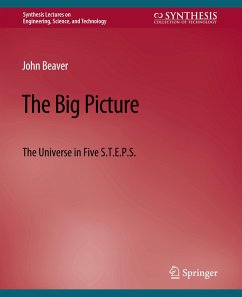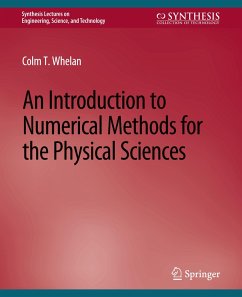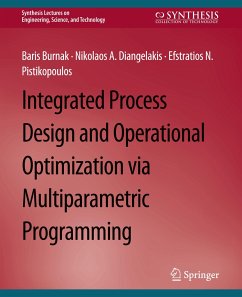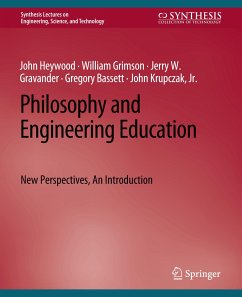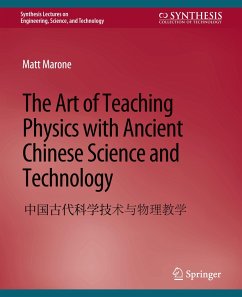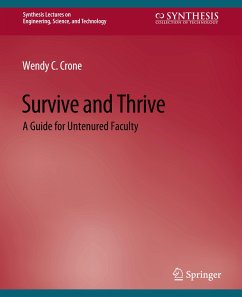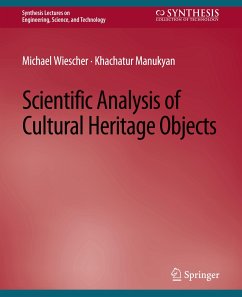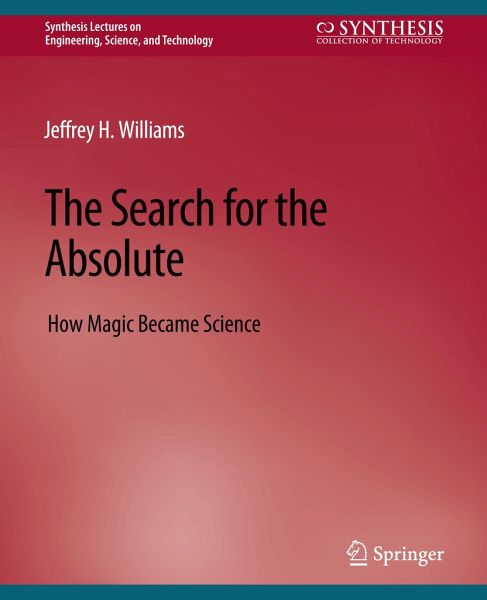
The Search for the Absolute
How Magic Became Science

PAYBACK Punkte
0 °P sammeln!
History and archaeology tell us that when our far ancestors began to settle in localized groups, they codified their lives and experiences, and formed a collective for mutual support. This proto-civilization would have arisen from each individual's questions about the world, and their attempt to understand themselves and their place in the world. These groups, or tribes, evolved rules of conduct to facilitate communal living, and made a calendar for the group's celebration of harvests, and other events upon which the group was utterly dependent.This process of social evolution is the origin of...
History and archaeology tell us that when our far ancestors began to settle in localized groups, they codified their lives and experiences, and formed a collective for mutual support. This proto-civilization would have arisen from each individual's questions about the world, and their attempt to understand themselves and their place in the world. These groups, or tribes, evolved rules of conduct to facilitate communal living, and made a calendar for the group's celebration of harvests, and other events upon which the group was utterly dependent.
This process of social evolution is the origin of religion, and of a magical way of looking at Nature. Eventually, this developing worldview was also the origin of science, which is our investigation of Nature to understand something of what is happening around us, and to use this knowledge to ensure our survival in a violent, indifferent Universe. After all, science and religion seek to answer the same question: Why and how isthe natural world the way it is? This book seeks to show how science evolved from religion and magic, in response to a need to understand Nature.
This process of social evolution is the origin of religion, and of a magical way of looking at Nature. Eventually, this developing worldview was also the origin of science, which is our investigation of Nature to understand something of what is happening around us, and to use this knowledge to ensure our survival in a violent, indifferent Universe. After all, science and religion seek to answer the same question: Why and how isthe natural world the way it is? This book seeks to show how science evolved from religion and magic, in response to a need to understand Nature.



